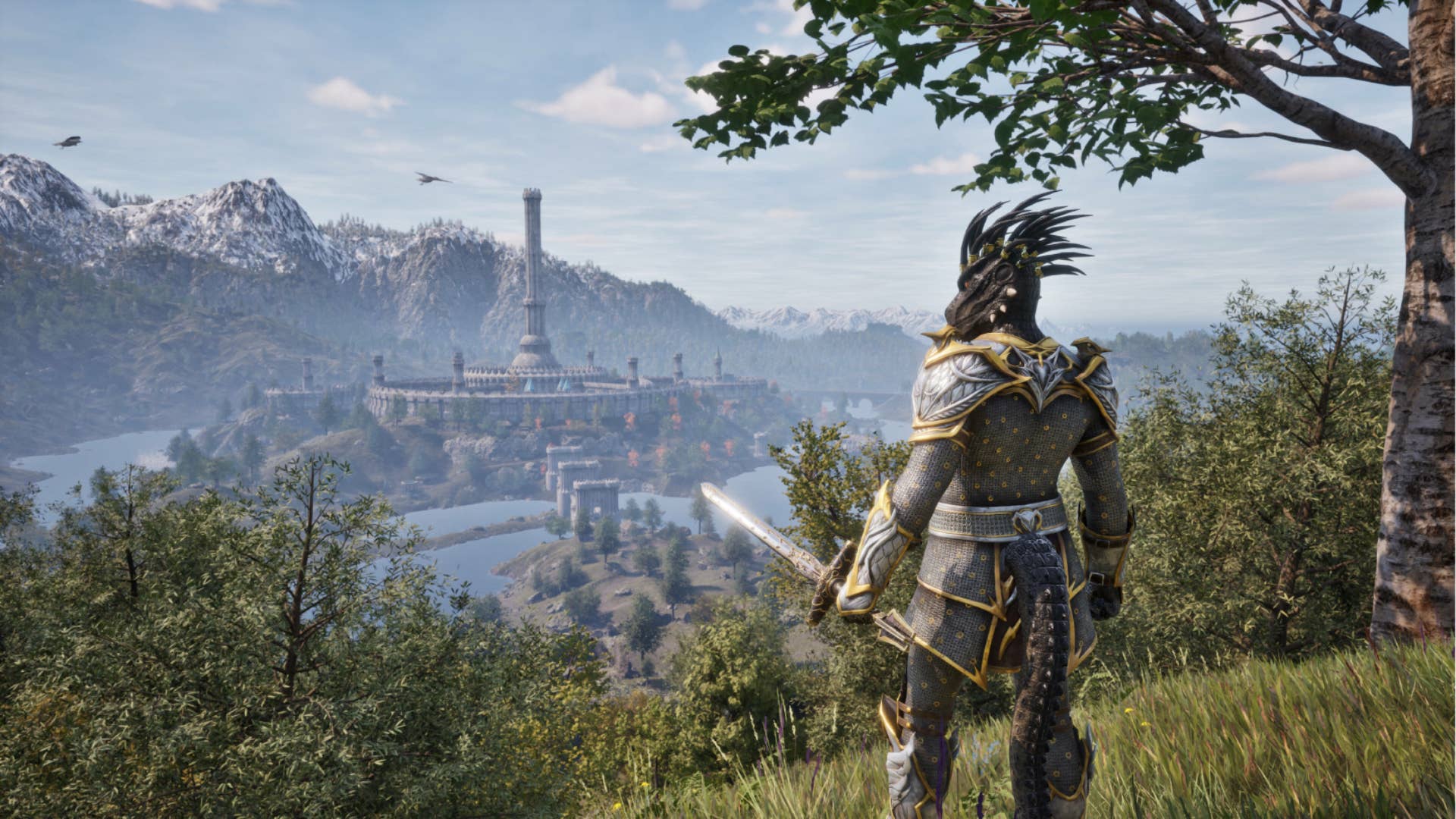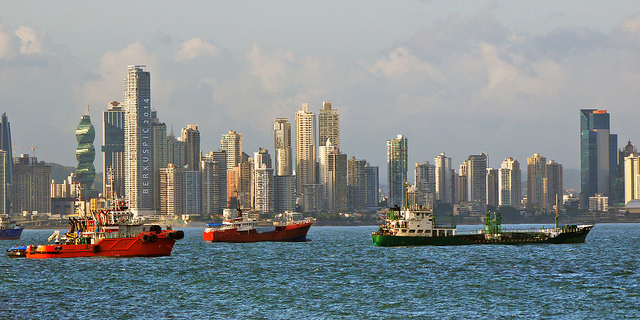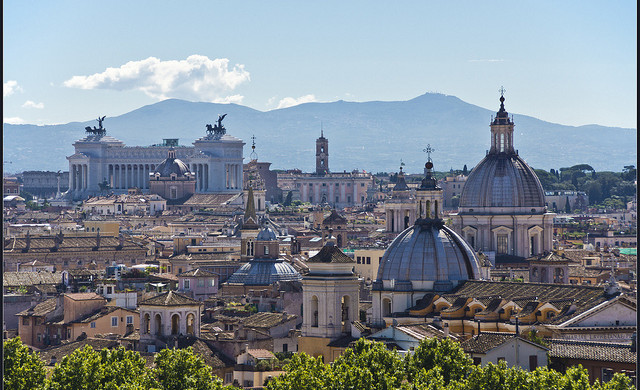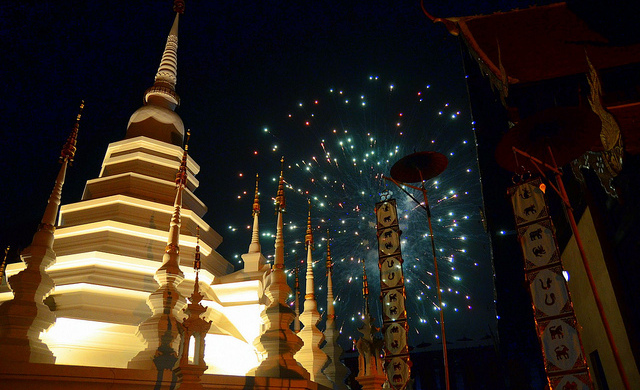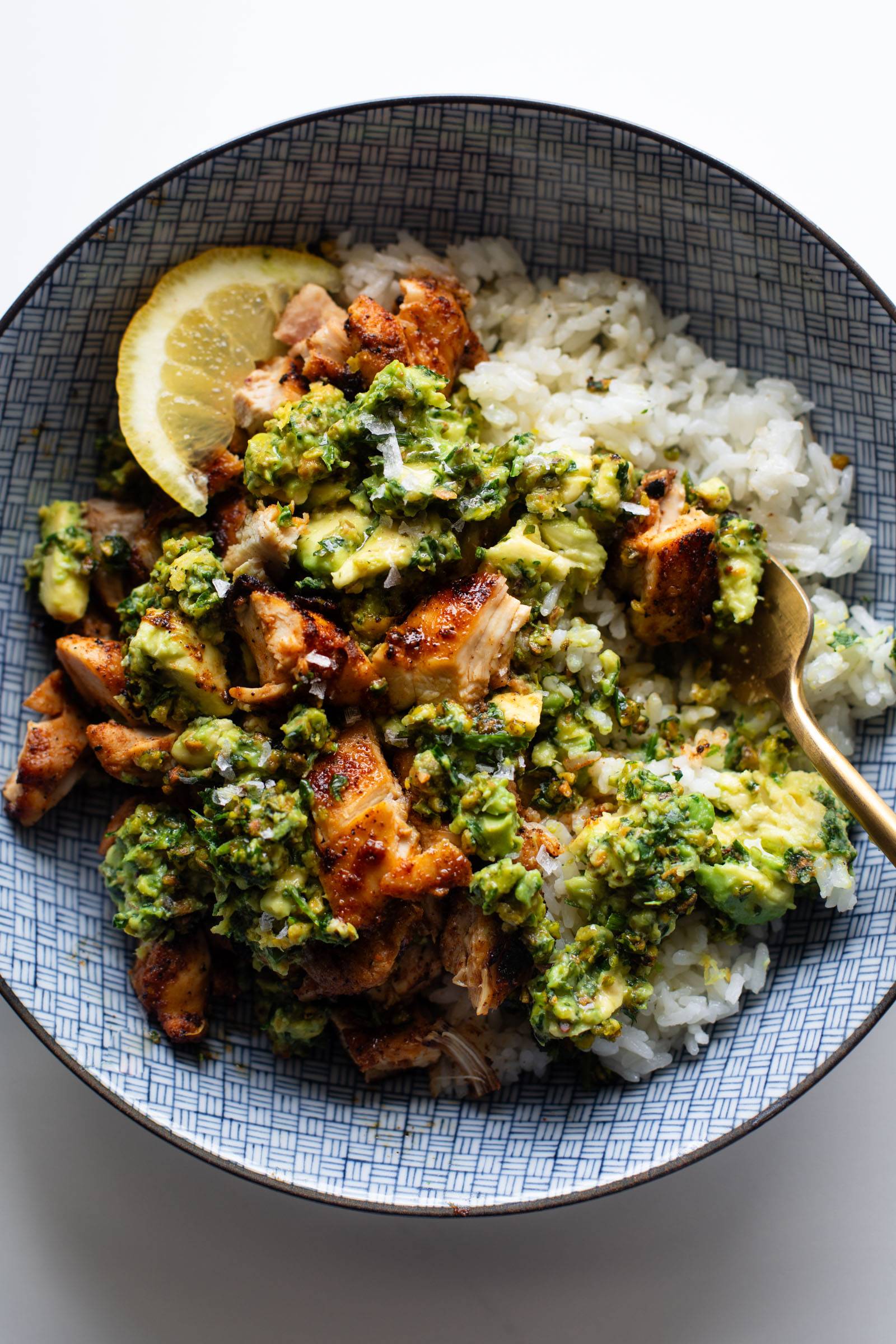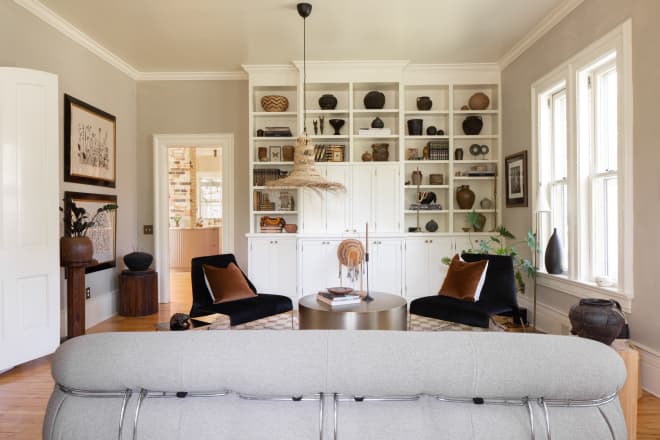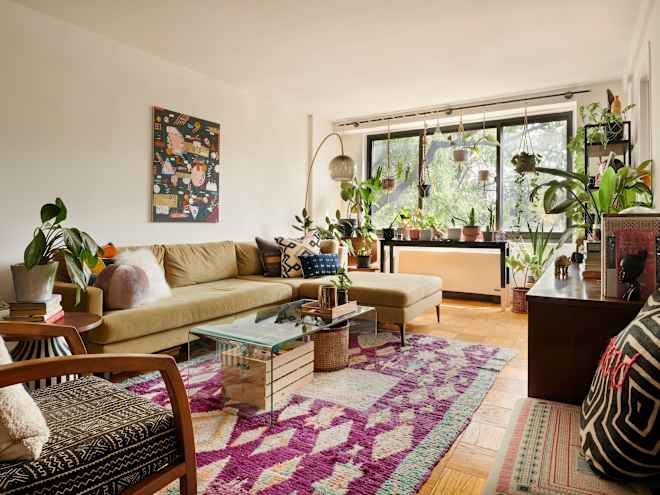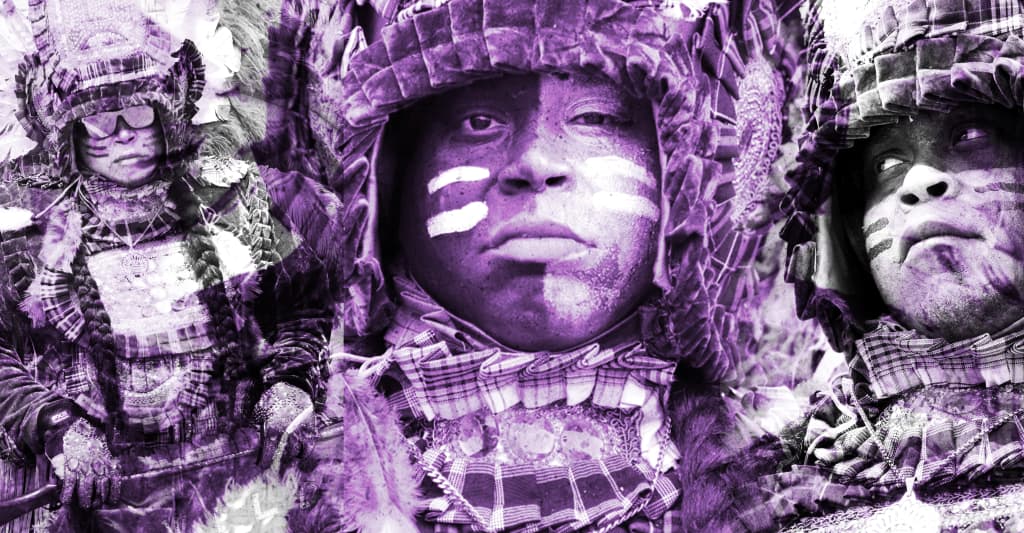To Find the Heart and Soul of Cartagena, Start With One Iconic Restaurant and One of the World’s Top Bars
An interview with the leaders of two Cartagena institutions: Juan Del Mar and Jean Trinh of Alquimico.
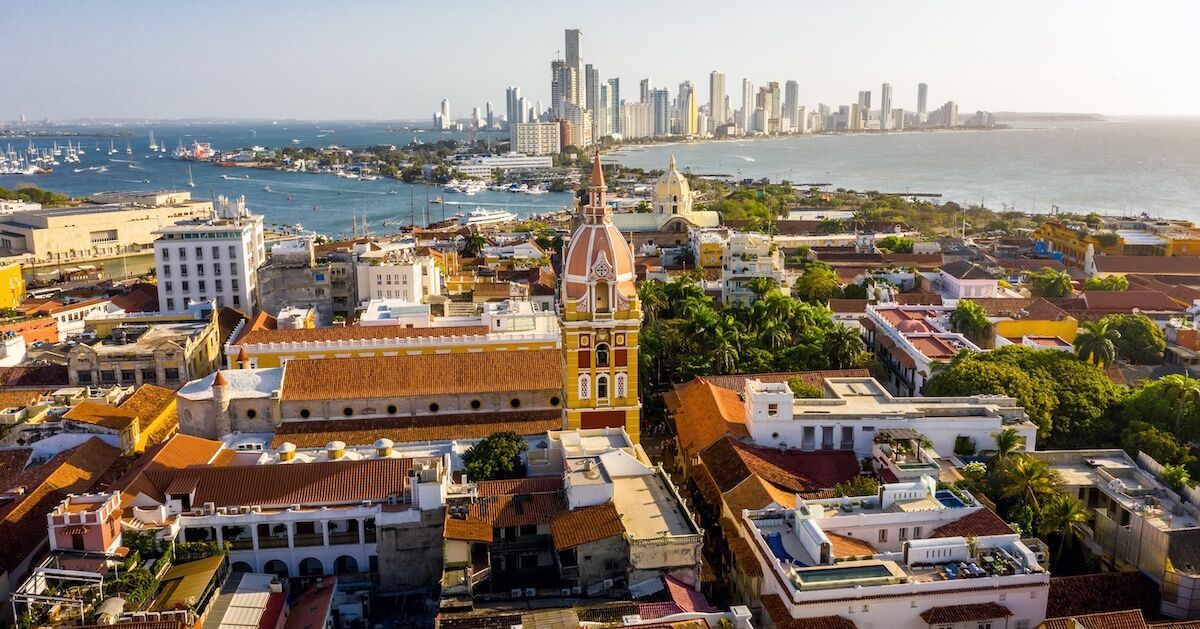
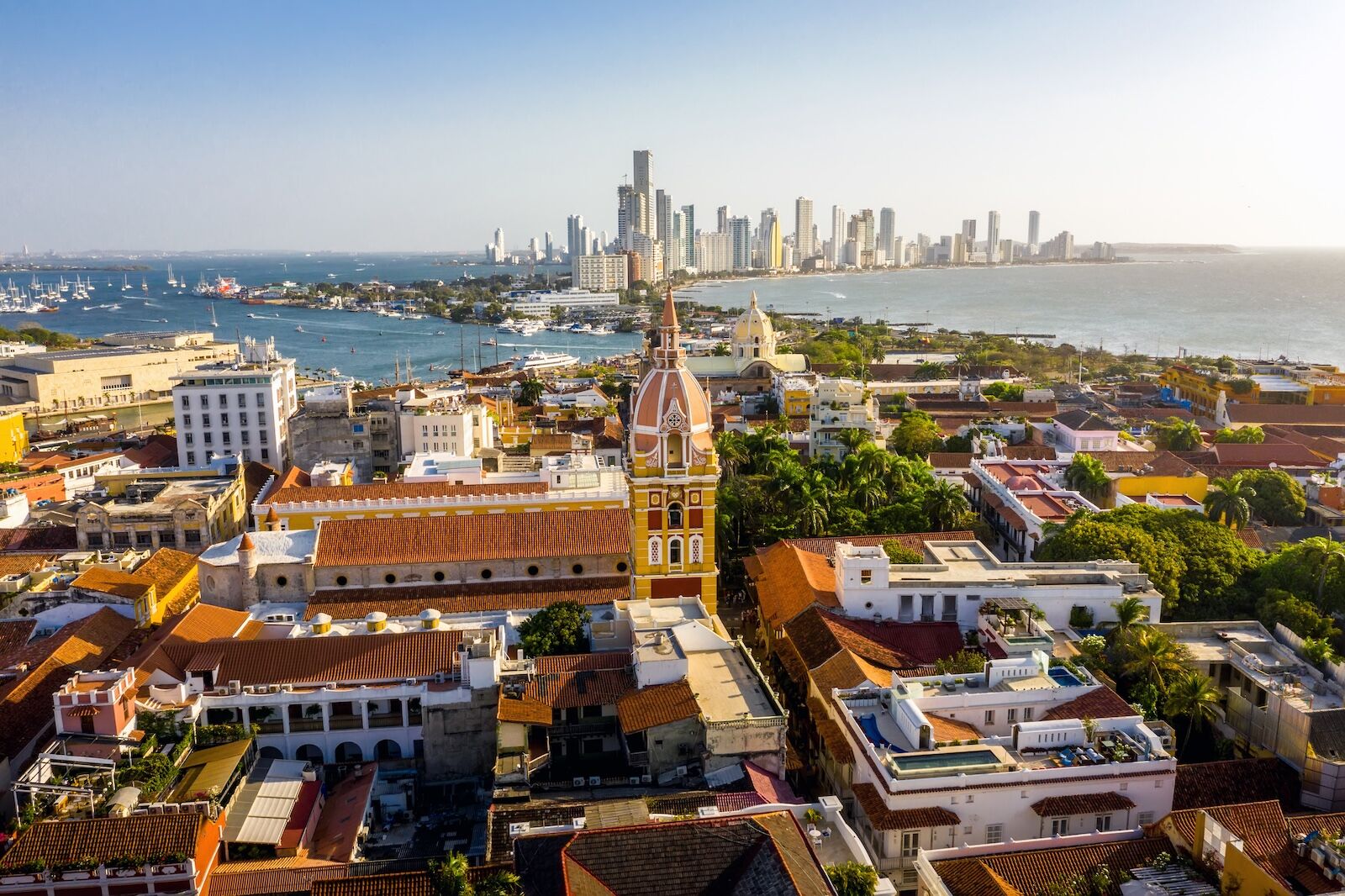
Juan Del Mar — restaurateur, singer, actor, and, local legend — is a recognizable figure in Cartagena across generations. His namesake restaurant, Juan Del Mar, has become an institution as the restaurant scene in the city has rapidly evolved.
On the latest No Fixed Address podcast, host Michael Motamedi and producer Vanessa Salas, who was born in Colombia, joined Del Mar in Cartagena as he judged the first patacón festival held to celebrate Colombia’s iconic snack food.
“He’s been a staple of Cartagena forever,” Salas says. “And sometimes I think like he’s such a really good representation of the city because he’s lively. He’s totally himself. He’s vibrant.”
Motamedi add, “he’s like literally the unofficial mayor of the city. We’re walking down the streets, I swear to you, we couldn’t go literally a couple feet without somebody trying to take a selfie with him. Or I would see people, I was walking behind him as we were reporting, ‘that’s Juan, that’s Juan, that’s Juan.’ I felt like a celebrity walking with him. Like it was almost like Brad Pitt was taking us around town. And the best part, you’ll be having dinner, waiting for your meal, and all of sudden, he’s on stage and he’s singing and he has your wife and he’s dancing. At least that’s what happened to me.”
Alquímico: Cocktails as community
A short walk from Juan Del Mar’s restaurant, the three-story cocktail temple Alquímico offers another lens into Cartagena’s soul. Motamedi and Salas stopped by to speak with the man behind the bar: Jean Trinh, a French-Vietnamese bartender turned local advocate. Alquímico is ranked among the world’s best not simply for its drinks, but for its vision.
Each floor at Alquímico presents a distinct menu. On the ground level, the “Comunidad” menu ties cocktails directly to social impact, supporting farmers in Los Montes de María, a region rebuilding from decades of violence. Trinh’s team partners with these farmers to fund infrastructure like water filtration systems. The farmers’ portraits — some sketched, some photographed — appear on the menu.
But Alquímico’s innovation runs deeper than design. Colombia’s biodiversity is the highest in the world per square meter, and this forms the foundation of the ingredients used at Alquímico. Trinh recounts finding more than 40 types of mango in just one nearby region, for example. His team experiments with herbs, fruits, and yuca in the cocktails, fitting each into a narrative.
At the heart of both Del Mar’s and Trinh’s philosophies is a shared reverence for Colombian cultural values. “We love to smile. We love to hug. We love to touch,” Del Mar says on the podcast.
While Cartagena’s culinary scene has matured in the past two decades, both voices resist the idea of trend-chasing. Del Mar notes that restaurants are now more committed to honoring Colombian cuisine than in years past. Trinh praises local establishments like Sellele, El Barón, and El Sombrero, each offering a different tier of experience, from high-end R&D-driven tasting menus to humble street-side ceviche.
Del Mar leaves visitors with the phrase todo bien, a cultural shorthand for acceptance, ease, and presence. It’s a worldview that’s easy to see in Cartagena itself. ![]()
















_Weyo_alamy.png?width=1280&auto=webp&quality=80&disable=upscale#)

